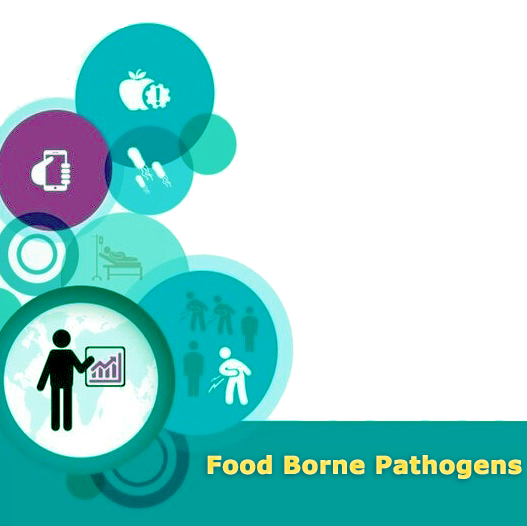
For better understanding the epidemiology of foodborne diseases of public health importance, this project has the following objectives:
1. To identify the pathogens causing foodborne diseases and outbreaks
2. Evaluation of the burden of the foodborne disease
3. Documenting regional and seasonal differences in the incidences of certain bacterial, viral and parasitic foodborne diseases
4. Genotyping and assessing antibiotic sensitivity pattern of bacterial pathogens
5. Describing the transmission pathway of different foodborne diseases
6. Infrastructure development for microbial culture, antibiotic sensitivity testing and molecular epidemiological studies
7. Public health action measures, i.e., awareness of water and food hygiene among the health workers, food handlers, etc.
This project will help determine the risk factors that contribute to sporadic/outbreak infections through population-based studies while examinings the importance of different risk exposures associated with food and practices as contributors to infections. The information gathered through this study will be compiled with the goal of their use to prevent foodborne diseases by providing the highest quality of scientific evidence to monitor outbreaks, evaluate public health interventions, build policy and gauge the progress in disease prevention.